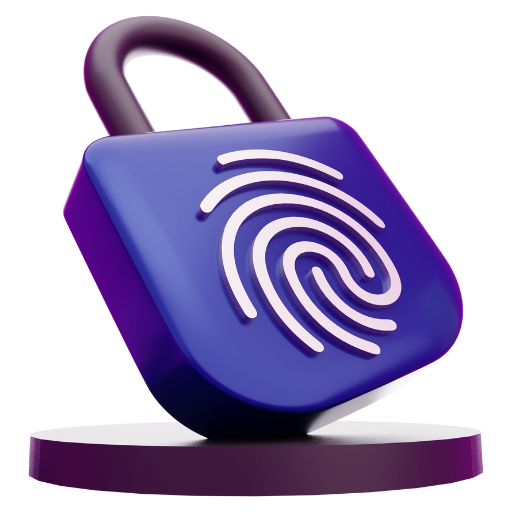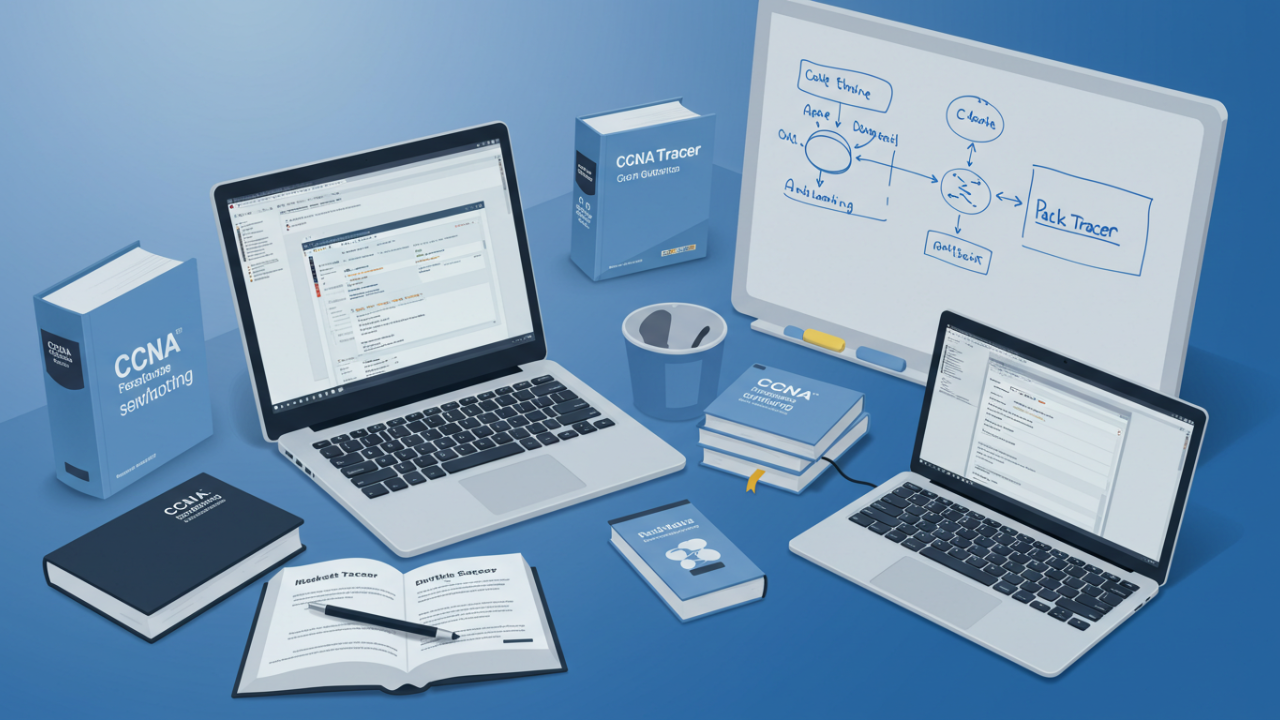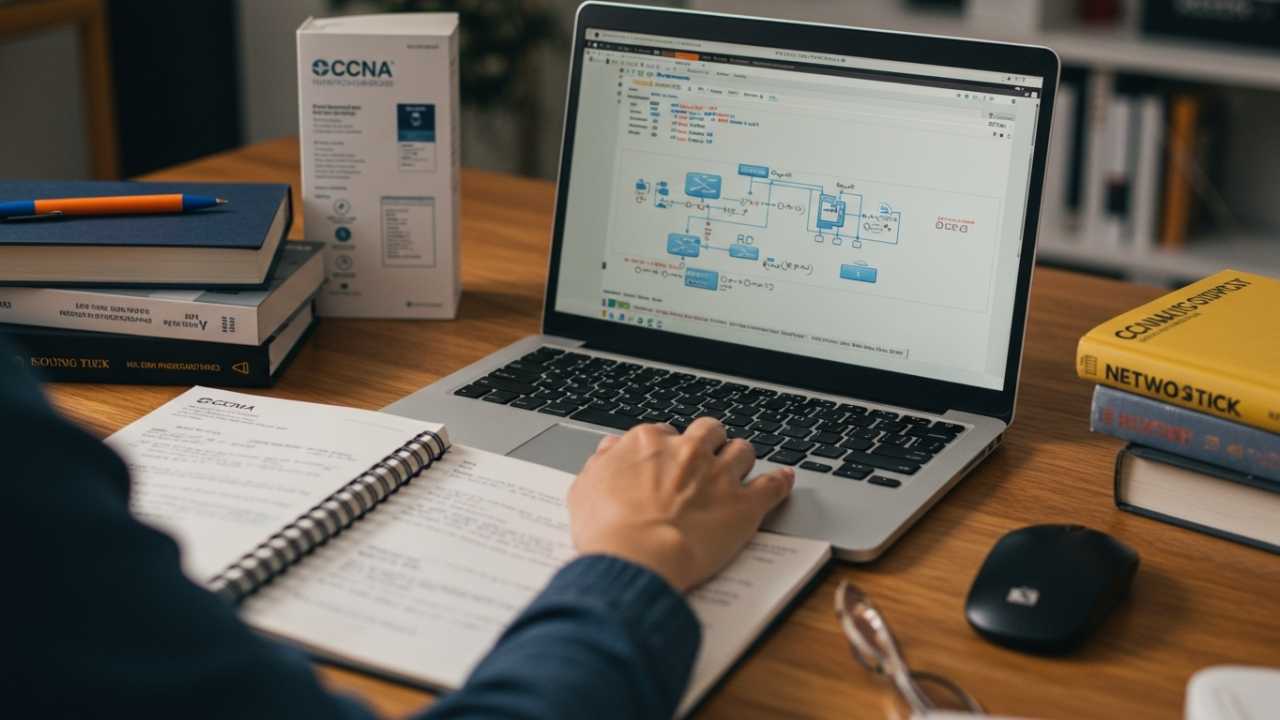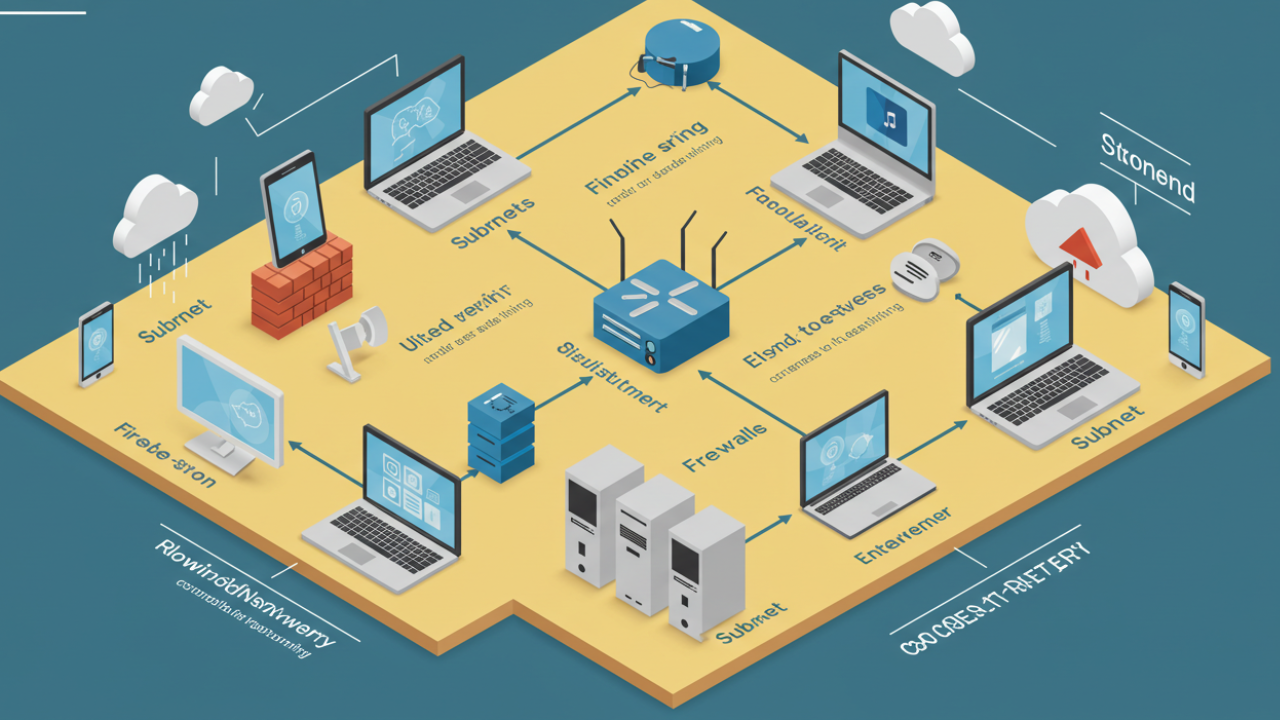Are you looking to get started with networking and build a solid foundation for your IT career? One of the best ways to do that is by earning the Best CCNA Certification Study Guide for Beginners. The CCNA certification can open the door to numerous career opportunities in the networking field. Whether you’re just starting or have some basic knowledge of IT, this study guide will help you prepare for the exam with clarity, structure, and practical advice.
Key Takeaways
-
The CCNA certification is a stepping stone for networking professionals.
-
Preparing for CCNA requires a balanced mix of theory and hands-on practice.
-
Study materials such as books, online courses, and practice exams are crucial for success.
-
Creating a study plan will help manage your time effectively and stay on track.
-
Success in the exam comes from understanding key concepts and consistent practice.
What is the CCNA Certification?
The Cisco Certified Network Associate (CCNA) is an entry-level certification offered by Cisco Systems. It is widely recognized in the IT industry as a standard for individuals seeking to begin a career in networking. This certification validates your skills in networking fundamentals, security, IP services, and more.
Why CCNA? The CCNA certification is essential for those looking to pursue roles like Network Engineer, IT Support Specialist, or System Administrator. Cisco’s training and certification programs are considered some of the best in the industry, and passing the CCNA exam proves that you have the necessary skills to set up, manage, and troubleshoot network systems.
Why Should Beginners Pursue CCNA Certification?
If you’re just starting in IT, you may wonder whether CCNA certification is worth your time. The answer is yes, especially if you’re considering a career in networking.
-
Career Growth: With CCNA, you’ll be eligible for entry-level roles such as network technician, network administrator, or IT support.
-
Industry Recognition: Cisco’s certification is recognized worldwide, making it a great credential to showcase on your resume.
-
Foundational Knowledge: It teaches you fundamental networking concepts, which are crucial for understanding more advanced technologies.
How to Prepare for the CCNA Exam: A Step-by-Step Guide
Step 1: Understand the Exam Objectives
Before diving into study materials, it’s important to understand the key exam objectives. Cisco has outlined the core topics that the CCNA certification exam covers, including:
-
Network Fundamentals: Learn about network types, cabling, and the OSI model.
-
IP Addressing: Understand IPv4 and IPv6, subnetting, and routing basics.
-
Routing and Switching: How routers and switches operate, configuring devices, and network security.
-
IP Services: Setting up NAT, DHCP, and configuring network services.
-
Security Fundamentals: Introduction to firewalls, security protocols, and VPNs.
By familiarizing yourself with these objectives, you can ensure you’re focusing your time and energy on the right areas.
Step 2: Choose the Best Study Materials
Now that you know what to study, it’s time to pick the right materials. There are various study guides available for the Best CCNA Certification Study Guide for Beginners. Here are some great resources:
Books:
-
CCNA Routing and Switching 200-125 Official Cert Guide: This is a top choice for many who want a detailed study plan and practice questions.
-
Cisco CCNA Study Guide: This guide breaks down complex topics into easy-to-understand segments.
Online Resources:
-
Cisco Networking Academy: Cisco’s own academy offers online courses tailored to the CCNA exam.
-
Udemy: There are several affordable online courses with video lectures and hands-on practice labs.
Practice Exams:
-
Practice exams help you identify weak spots and improve time management for the real exam. Sites like Boson and Transcender offer reliable practice tests.
Step 3: Create a Study Plan
An effective study plan will keep you on track and help you avoid feeling overwhelmed. Here’s a simple structure you can follow:
| Week | Topic | Time |
|---|---|---|
| Week 1 | Network Fundamentals & OSI Model | 10 hours |
| Week 2 | IP Addressing & Subnetting | 12 hours |
| Week 3 | Routing & Switching | 15 hours |
| Week 4 | IP Services & Network Security | 10 hours |
| Week 5 | Review & Practice Tests | 20 hours |
Divide your study hours based on your availability, but consistency is key. Make sure to leave time for hands-on practice with networking equipment or simulators like Cisco Packet Tracer.
Step 4: Hands-On Practice
One of the best ways to prepare for the CCNA certification is through practical experience. Understanding theoretical concepts is important, but applying those concepts to real-world scenarios is even more essential.
Set Up a Home Lab: You don’t need to spend thousands of dollars on equipment. You can use simulators such as Cisco Packet Tracer or GNS3 to practice configuring routers and switches. These tools will help you get a feel for the real exam environment.
Real Devices: If you have the budget, consider purchasing used routers and switches for hands-on practice.
Common Mistakes to Avoid During Your CCNA Journey
While preparing for the Best CCNA Certification Study Guide for Beginners, many make the following mistakes. Be mindful to avoid these pitfalls:
-
Not Practicing Enough: Reading theory is important, but you must spend plenty of time configuring devices and troubleshooting.
-
Skipping the Basics: It’s tempting to dive into complex topics, but ensure you understand the basics like IP addressing, subnetting, and the OSI model.
-
Not Taking Breaks: Overloading yourself with hours of study without breaks can lead to burnout. Take short, regular breaks to refresh your mind.
What to Expect on Exam Day
When the day of the exam arrives, here’s what you need to know:
-
Exam Format: The exam is multiple-choice with simulations and drag-and-drop questions. Be ready to troubleshoot scenarios using practical knowledge.
-
Exam Duration: You will have 120 minutes to complete the exam.
-
Passing Score: The passing score is typically around 825-1000 points (on a scale of 1000).
Be sure to arrive early and stay calm during the exam. Review any difficult concepts the night before, but don’t cram!
After Passing the CCNA Exam: What’s Next?
Congratulations! After passing the exam, it’s time to celebrate. But don’t stop there—here’s what you can do next:
-
Update Your Resume: Add the CCNA certification to your resume and LinkedIn profile.
-
Advanced Certifications: Consider pursuing CCNP or CCIE if you want to further specialize in networking.
-
Start Applying: The CCNA certification opens up opportunities for many networking roles. Start applying for positions and take your career to the next level.
My Opinion
Earning the Best CCNA Certification Study Guide for Beginners is a valuable investment in your career. With the right study plan, materials, and hands-on practice, you can pass the exam and open the door to exciting networking opportunities. Keep working hard, stay consistent, and soon you’ll be proudly holding your CCNA certification, ready to take the next step in your IT career!
















Leave a Reply